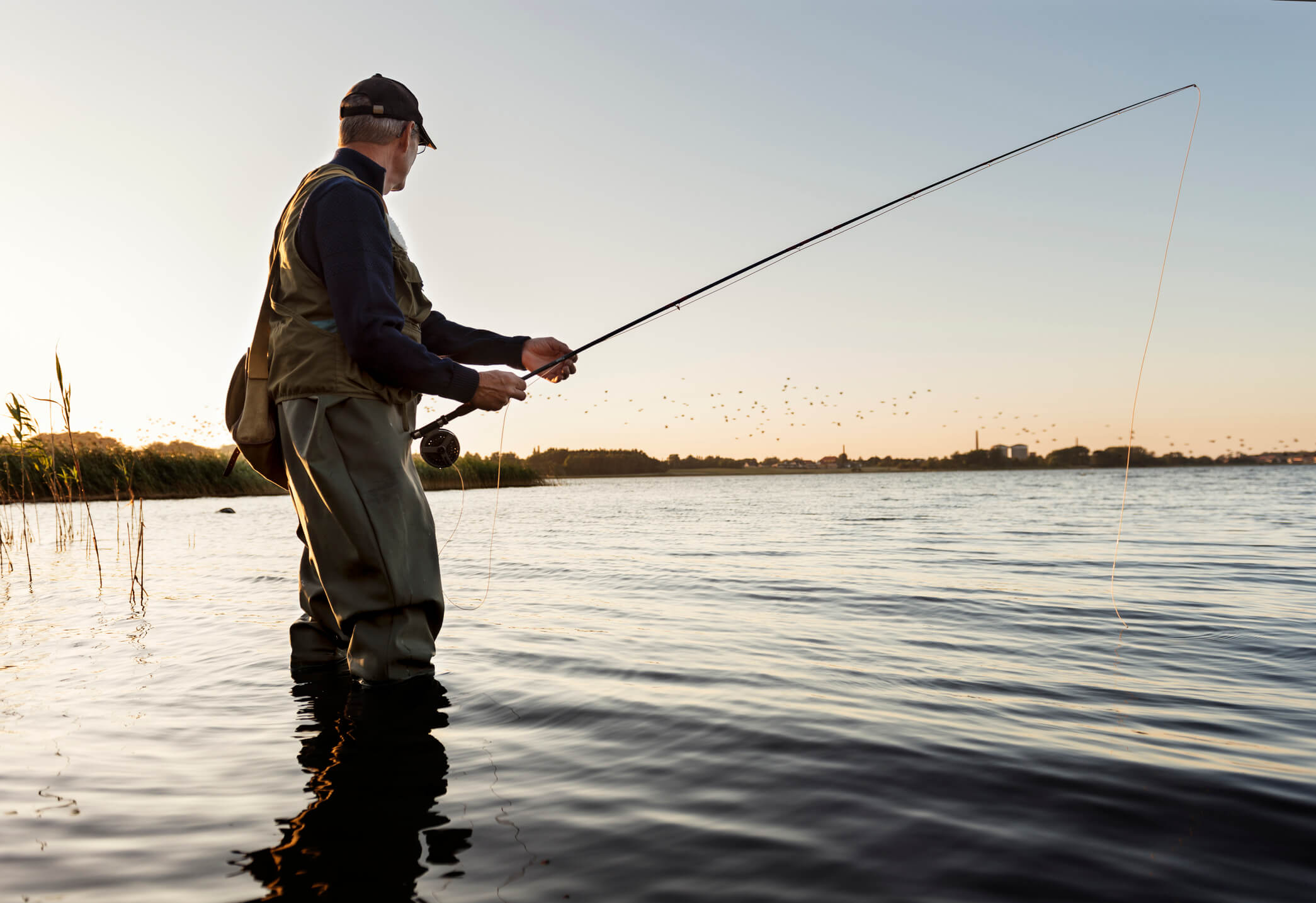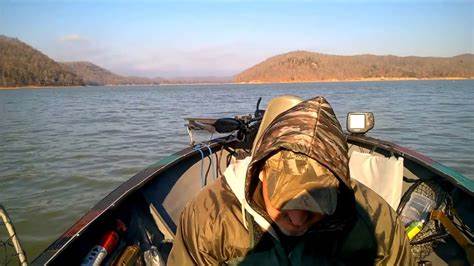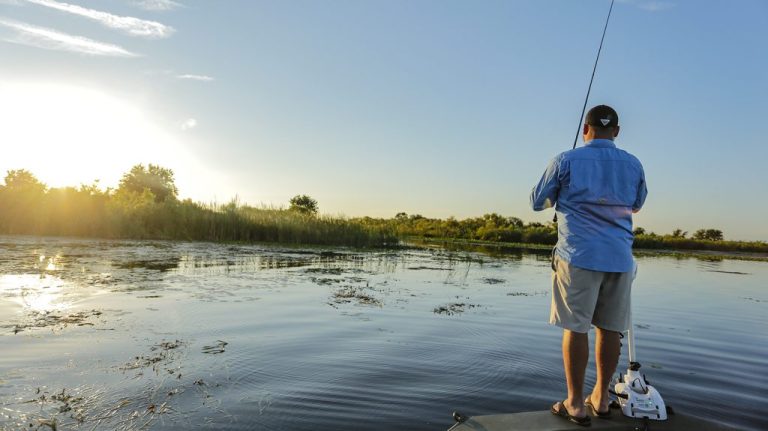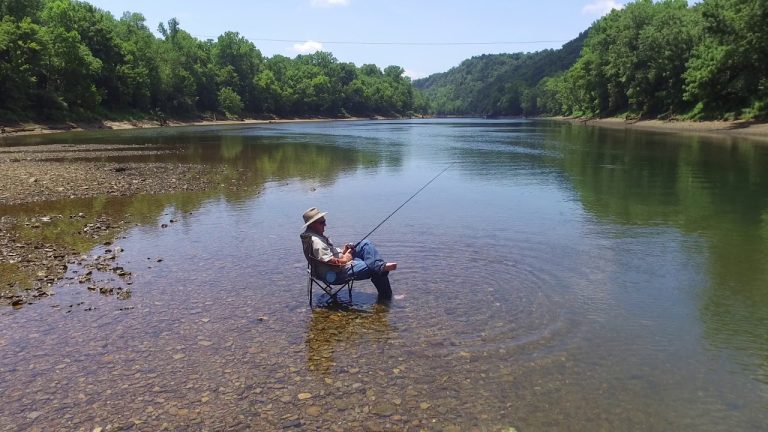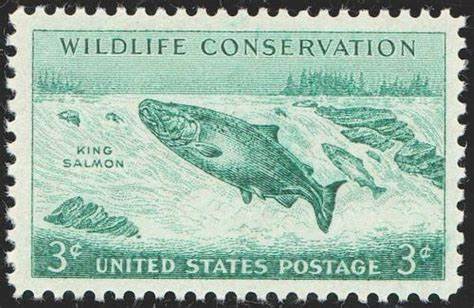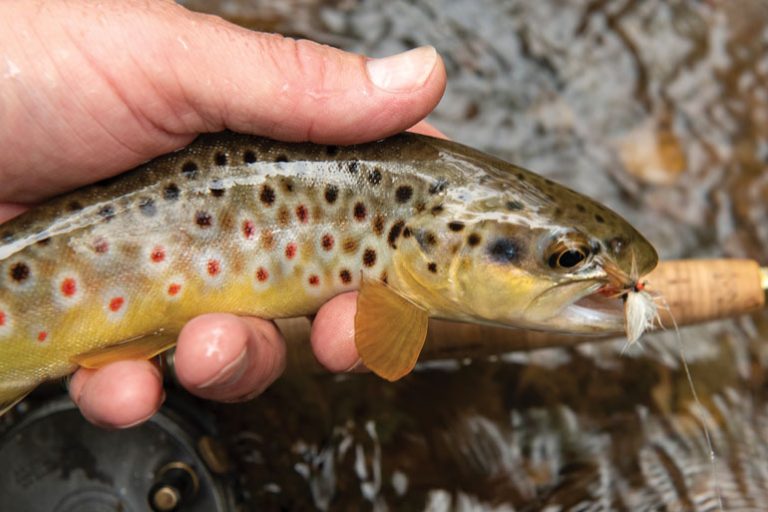For avid anglers in Alabama, the state’s reciprocal fishing license agreements with neighboring states offer an exciting opportunity to expand your fishing horizons without the hassle of purchasing multiple licenses. These agreements allow you to cast your line across state borders, exploring new fishing spots and reeling in a variety of species with ease and affordability. In this comprehensive guide, we’ll dive deep into the details of Alabama’s reciprocal agreements, providing you with all the information you need to make the most of your fishing adventures.
Understanding Reciprocal Fishing License Agreements
Reciprocal fishing license agreements are formal arrangements between two or more states that allow anglers licensed in one state to fish legally in the other state’s waters without purchasing a separate non-resident license. These agreements are designed to promote fishing tourism and make it more convenient for anglers to enjoy their sport across state boundaries.
Alabama has entered into reciprocal fishing license agreements with several of its neighboring states, including Mississippi, Tennessee, and Florida. These agreements apply to both freshwater and saltwater fishing, depending on the specific terms of each arrangement.
States with Reciprocal Agreements
Mississippi
Alabama and Mississippi have a reciprocal agreement that allows anglers with a valid fishing license from either state to fish in the other state’s waters along the shared state line. This agreement covers several important waterways:
- The Tennessee River
- The Tombigbee River
- Pickwick Lake
- The Mississippi Sound
To take advantage of this agreement, you must follow the fishing regulations of the state in which you are fishing, including size and creel limits. For detailed Mississippi fishing regulations, visit the Mississippi Department of Wildlife, Fisheries, and Parks website.
Tennessee
Alabama and Tennessee have a similar reciprocal agreement for fishing along their shared border. With a valid Alabama fishing license, you can fish in the following Tennessee waters:
- The Tennessee River
- Wheeler Lake
- Pickwick Lake
- Bear Creek Reservoirs
As with the Mississippi agreement, you must abide by the fishing regulations of the state where you are fishing. For comprehensive Tennessee fishing regulations, check the Tennessee Wildlife Resources Agency website.
Florida
Alabama and Florida have a reciprocal agreement that allows anglers to fish from the shore in the other state’s waters along the Perdido River, which forms the border between the two states. This agreement applies only to shore fishing; if you plan to fish from a boat, you’ll need a valid fishing license from the state in which you launch your vessel.For Florida-specific fishing regulations, visit the Florida Fish and Wildlife Conservation Commission website.
Eligibility for Reciprocal Agreements
To be eligible for Alabama’s reciprocal fishing license agreements, you must have a valid Alabama fishing license. Both resident and non-resident licenses qualify for these agreements. However, it’s important to note that not all license types are included. For example, Alabama’s lifetime licenses and pier fishing licenses do not qualify for reciprocal agreements.
Benefits of Reciprocal Agreements
Reciprocal fishing license agreements offer several benefits for anglers:
- Cost Savings: By allowing you to fish in multiple states with a single license, reciprocal agreements can save you money on non-resident license fees.
- Convenience: With a reciprocal agreement, you don’t have to worry about purchasing additional licenses or keeping track of multiple documents. Your Alabama license is all you need.
- Expanded Fishing Opportunities: Reciprocal agreements give you access to a wider range of fishing spots and experiences without the hassle of obtaining separate licenses.
How to Take Advantage of Reciprocal Agreements
To make the most of Alabama’s reciprocal fishing license agreements, follow these steps:
- Purchase a valid Alabama fishing license: You can buy licenses online through the Alabama Department of Conservation and Natural Resources website.
- Familiarize yourself with the specific terms of each reciprocal agreement: This includes understanding which waters are covered and any restrictions on fishing methods or catch limits.
- Follow the fishing regulations of the state where you are fishing: Reciprocal agreements do not exempt you from local rules and regulations.
- Carry your Alabama fishing license with you: Always have your license on hand when fishing in a state with a reciprocal agreement. You may be asked to present your license by local authorities.
Types of Alabama Fishing Licenses
To fully understand how to take advantage of reciprocal agreements, it’s important to know the types of fishing licenses available in Alabama. Here’s a breakdown of the main license types:
Freshwater Licenses
| License Type | Resident Fee | Non-Resident Fee |
|---|---|---|
| Annual | $14.05 | $54.10 |
| 7-Day Trip | N/A | $30.65 |
Saltwater Licenses
| License Type | Resident Fee | Non-Resident Fee |
|---|---|---|
| Annual | $24.35 | $52.50 |
| 7-Day Trip | N/A | $28.85 |
| Pier | $6.45 | $11.85 |
Combination Licenses
| License Type | Resident Fee | Non-Resident Fee |
|---|---|---|
| Annual Freshwater & Saltwater | $38.40 | $106.60 |
Note: Prices are subject to change. Always check the official Alabama Department of Conservation and Natural Resources website for the most up-to-date pricing information.
Fishing Regulations Comparison
To help you navigate the different regulations across states, here’s a comparison of some key fishing rules:
| State | Largemouth Bass Limit | Crappie Limit | Catfish Limit |
|---|---|---|---|
| Alabama | 10 per day | 30 per day | No limit |
| Mississippi | 10 per day | 20 per day | No limit |
| Tennessee | 5 per day | No limit | 5 per day |
| Florida | 5 per day | 25 per day | No limit |
Note: These limits are general and may vary in specific water bodies. Always check the most current regulations for the exact location you plan to fish.
Special Considerations and Regulations
When taking advantage of reciprocal agreements, keep these important points in mind:
- Reef Fish Endorsement: For saltwater fishing in Alabama, an additional $10 reef fish endorsement is required for catching certain species like red snapper, triggerfish, and amberjack.
- Size and Bag Limits: Each state has its own size and bag limits for various fish species. Always check the current regulations for the state where you’re fishing.
- Seasonal Restrictions: Some fish species have specific seasons when they can be caught. Be aware of these seasonal restrictions in the state where you’re fishing.
- Protected Species: Familiarize yourself with any protected or endangered species in the area where you plan to fish.
Additional Resources
For more information on Alabama’s reciprocal fishing license agreements and fishing regulations, visit these official websites:
- Alabama Department of Conservation and Natural Resources
- Mississippi Department of Wildlife, Fisheries, and Parks
- Tennessee Wildlife Resources Agency
- Florida Fish and Wildlife Conservation Commission
Conclusion
Alabama’s reciprocal fishing license agreements with neighboring states like Mississippi, Tennessee, and Florida provide anglers with exciting opportunities to explore new waters and enjoy their sport across state lines. By understanding the terms of these agreements and following local fishing regulations, you can take full advantage of the convenience and cost savings they offer.
Remember to always fish responsibly, respect the environment, and follow all local regulations to ensure the sustainability of these valuable fishing resources. With your Alabama fishing license in hand and knowledge of these reciprocal agreements, you’re ready to embark on diverse fishing adventures across the Southeast’s most beautiful and bountiful waters. Happy fishing!
Can I fish anywhere in a state with a reciprocal agreement?
No, reciprocal agreements typically only apply to specific waters along the shared border between states. Be sure to check the terms of each agreement before planning your fishing trip.
Do I need any additional permits or stamps?
In some cases, you may need additional permits or stamps, such as a trout permit or a saltwater angler registry, depending on where and what you plan to fish. Check the regulations of the state where you’ll be fishing to ensure you have all the necessary documentation.
Can I keep fish caught under a reciprocal agreement?
Yes, you can usually keep fish caught under a reciprocal agreement, as long as you follow the size and creel limits of the state where you’re fishing. However, it’s always a good idea to check the specific regulations before keeping any fish.



